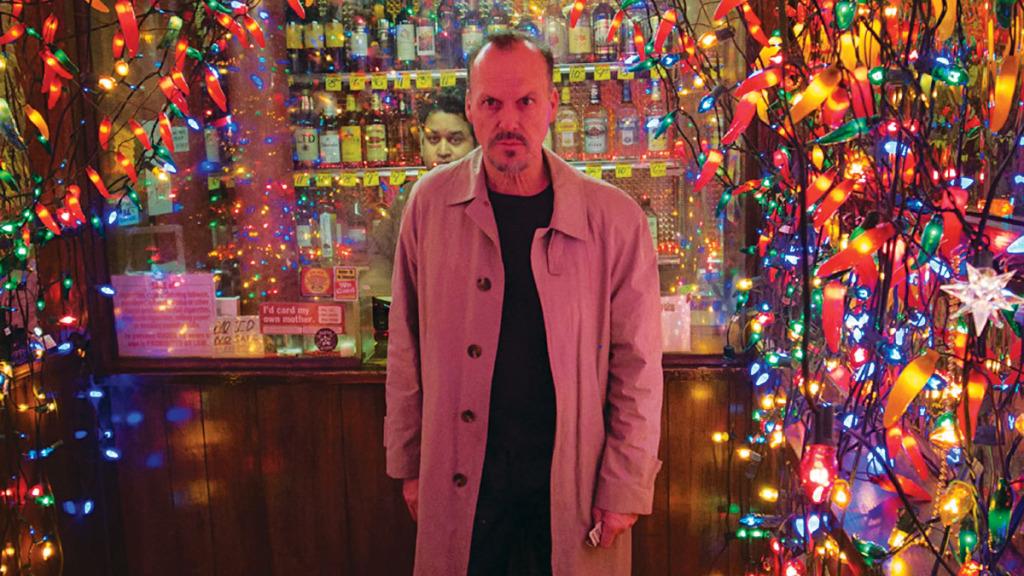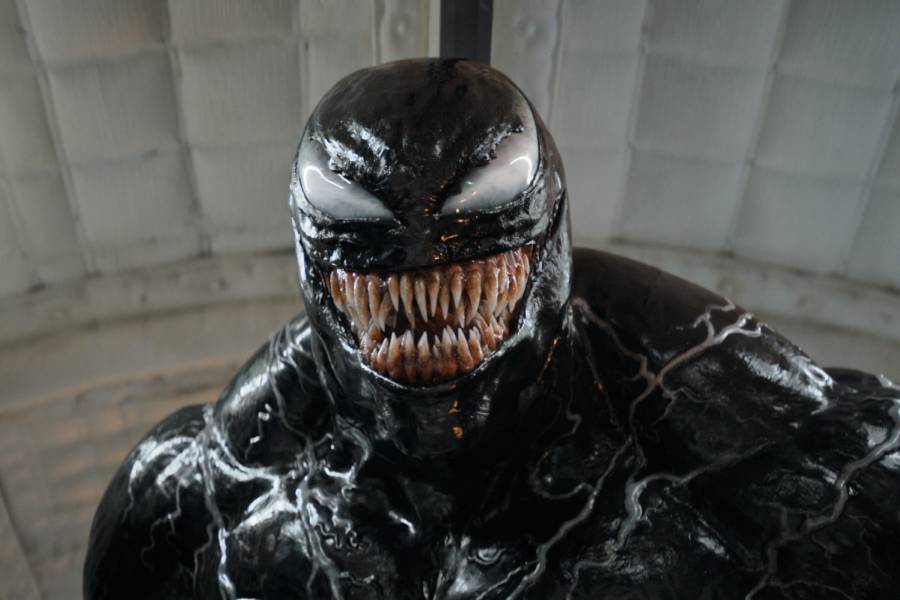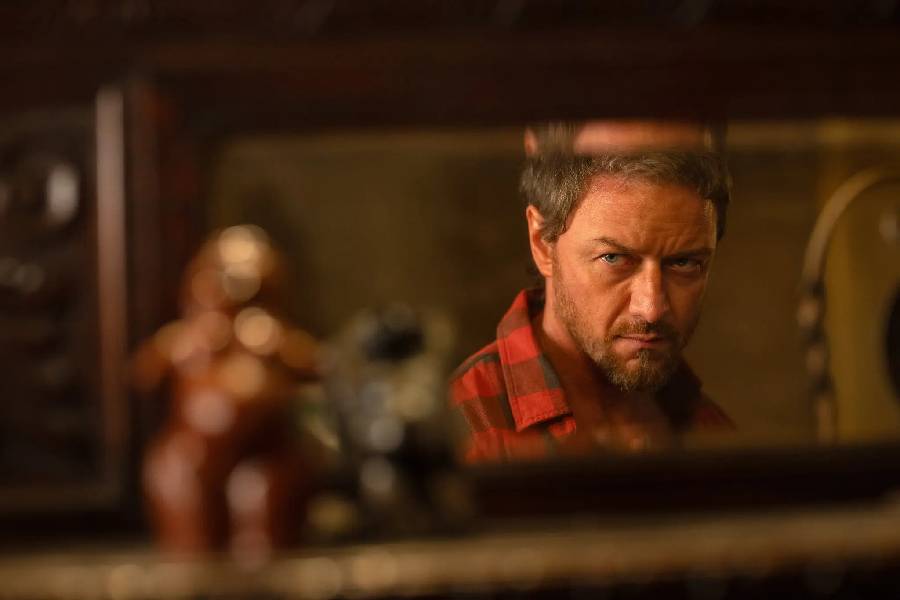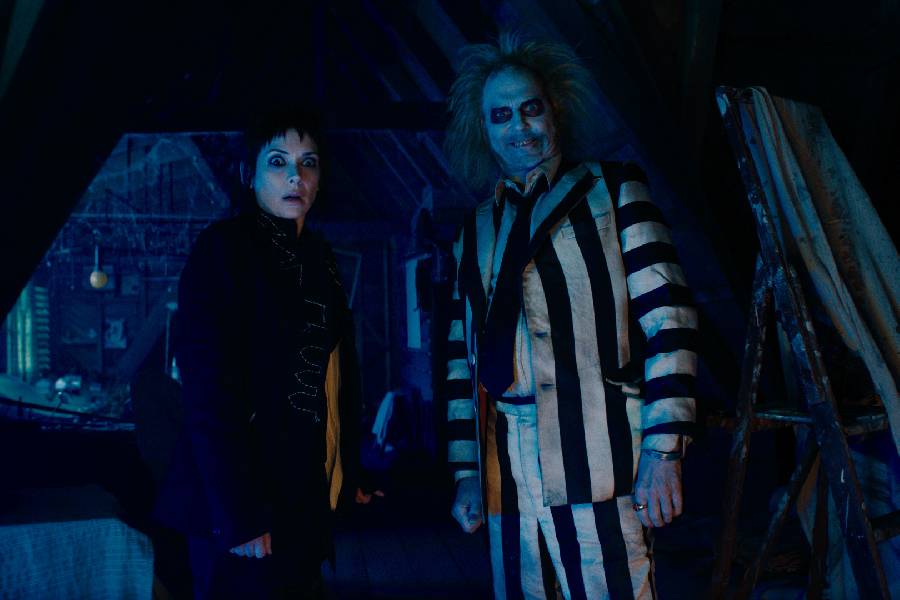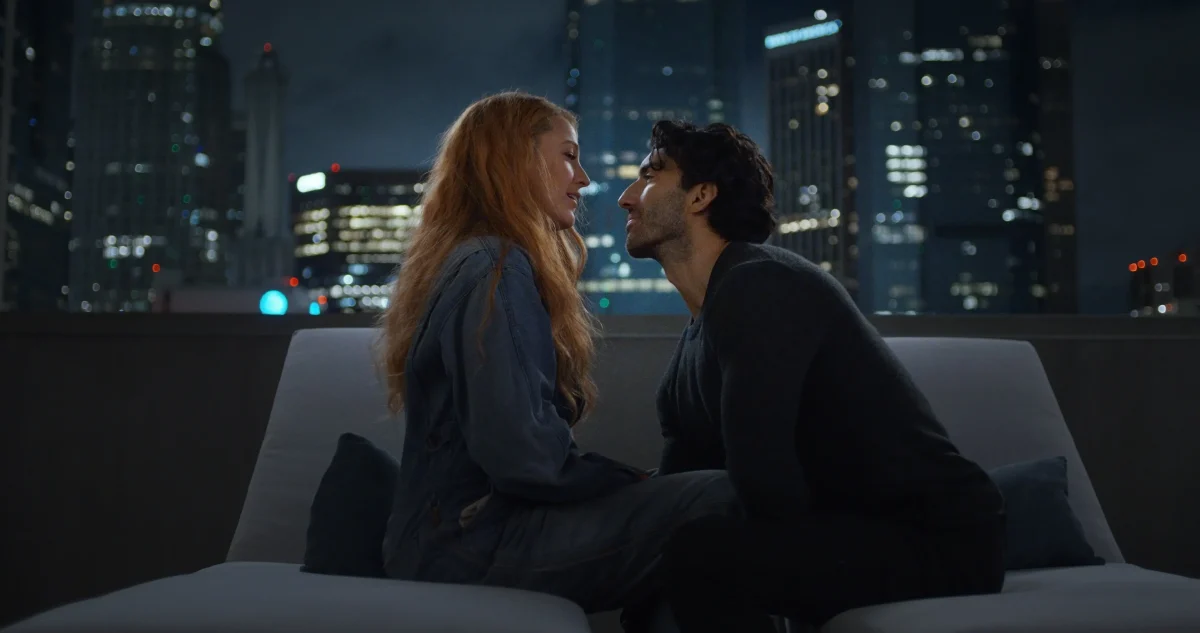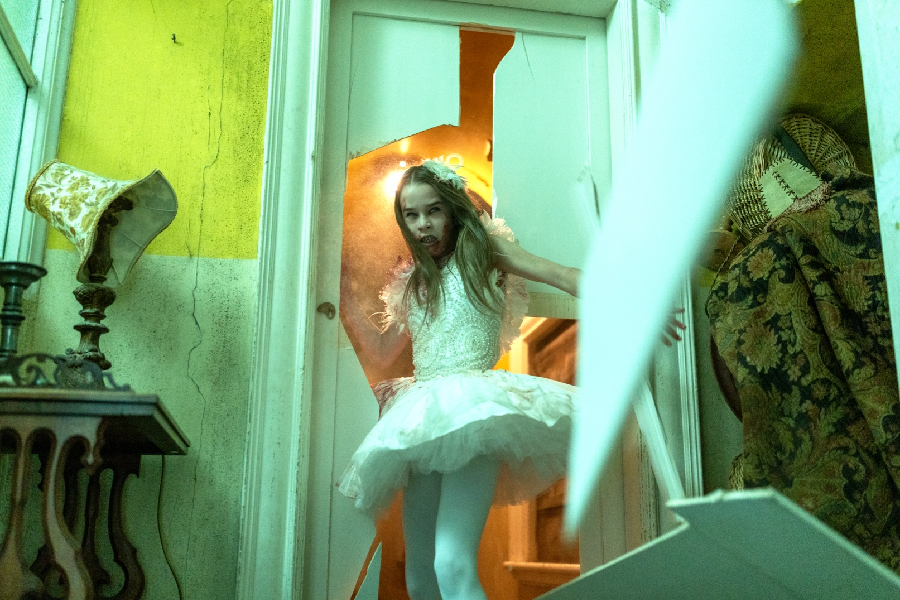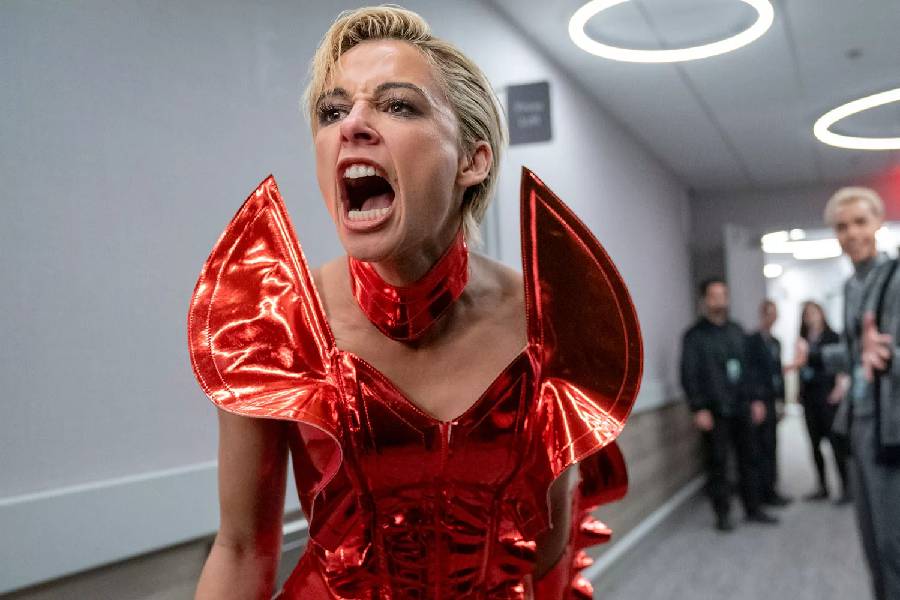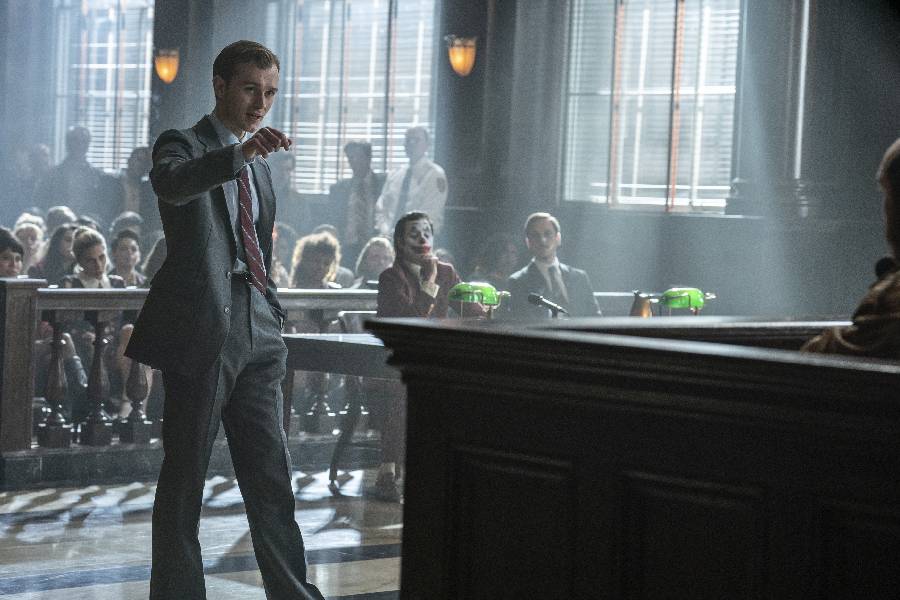“Birdman or (The Unexpected Virtue of Ignorance)” follows an actor who was once a superhero hoping to make it big again, and likewise stars Michael Keaton, who is venturing into the superhero realm again, 25 years after his titular role in 1989’s “Batman,” this time from the perspective of an actor. This self-referential concept creates great satire and even greater cinematography. Keaton stars as Riggan Thomson, a washed-up movie star who was famous for his “Birdman” superhero films. He tries to reclaim his former glory by putting on a Broadway play. All the while he argues with himself, his daughter, the other actors and a critic — but mainly himself. Following his plight, the film offers mesmerizing cinematography, which complements the wonderful performances.
The cinematography in “Birdman” is made to resemble one continuous take, making it seem like a play, and it’s stunning to watch. The camera makes subtle, almost unnoticeable fades to black. For example, this happens as characters walk down a corridor. The passage of time isn’t done through a hard cut, but by characters changing places offscreen. The result is a fluid film that is very easy to watch. The fluidity of these cuts is beneficial, and the film avoids relying on any hard cuts that may break up the action. Thankfully, because of fascinating characters and a gripping plot, this never occurs. It’s reminiscent of Alfred Hitchcock’s “Rope,” which only had a handful of hard cuts. Here, like then, it works flawlessly.
Keaton chose to leave the role of Batman after two hugely successful films, and since then, his career has struggled. Thomson is the same way, making this role personal and self-reflective. Unlike Keaton, Thompson is delusional and a poor father. In addition to this, he has an inner struggle with the character of Birdman himself, which, through changing facial expressions, the audience can see has consumed him to an extent. His swift demeanor when walking through Times Square, after losing his bathrobe costume from the play, turns the scene from a tragic one to a laugh riot. In this, Keaton does a masterful job, bringing both subtlety and comedy to a depressing role.
The supporting cast is superb. Edward Norton as Mike Shiner, a self-absorbed but critically adored Broadway actor, turns in a highly entertaining performance. He, like Keaton, is satirizing himself. Norton has been criticized for being a perfectionist by Marvel Entertainment after his work on “The Incredible Hulk” and by Tony Kaye, director of “American History X,” and his work as Shiner plays off this reputation. Norton easily fills the obnoxious role with the precision he is known for. Emma Stone stands out as Sam Thomson, Riggan’s daughter, who is fresh out of rehab and resentful toward the world. She dislikes her father for just about everything, and Stone plays the nuance well. In a rant, Sam tears into Thomson for his obsession with being remembered and respected. It’s a powerful scene that is entirely a monologue.
In one scene, on the roof of the theater where Thomson’s play is performed, Shiner and Sam play truth or dare. Shiner has been a perfectionist, and Sam has been fed up with the whole production. Through this children’s game, the two characters come together: The audience learns why Shiner cares for the theater and why Sam could do without it. The scene encapsulates the film. It’s honest, funny and informative.
The score of the film is handled primarily through many booming drums. It’s a bit jarring at first, and it does get tiring after a while. However, the drums are used well within the context of what’s on screen. For instance, as the drums begin playing, there are marching bands on the street, so as to not be too out of place. They match the swift pace of many scenes without disorienting the viewer. The drums can grow tedious after the entirety of the film, but they are never used without purpose and give the movie a powerful and important feel.
The concept of reality versus fantasy is central to the film, and the ending may leave audiences confused in regard to this theme. It’s firmly established that Thomson is stuck in his own head, and he is delusional, though the ending has Thomson interacting with his daughter while in his fantasy state. It doesn’t wholly compromise the theme, but this inclusion of another character into his fantasy makes it more complicated. This ending may leave the viewer asking a few questions, but it still manages to end the movie on a high note, albeit a complex one.
It often seems that every few months, Marvel or DC Entertainment has yet another major superhero blockbuster coming out, each boasting its own star. “Birdman” examines what happens to these actors once these films become dated and satirizes these films and the actors’ craft itself in the process. A masterful blending of acting and cinematography make “Birdman” a marvelous film.


